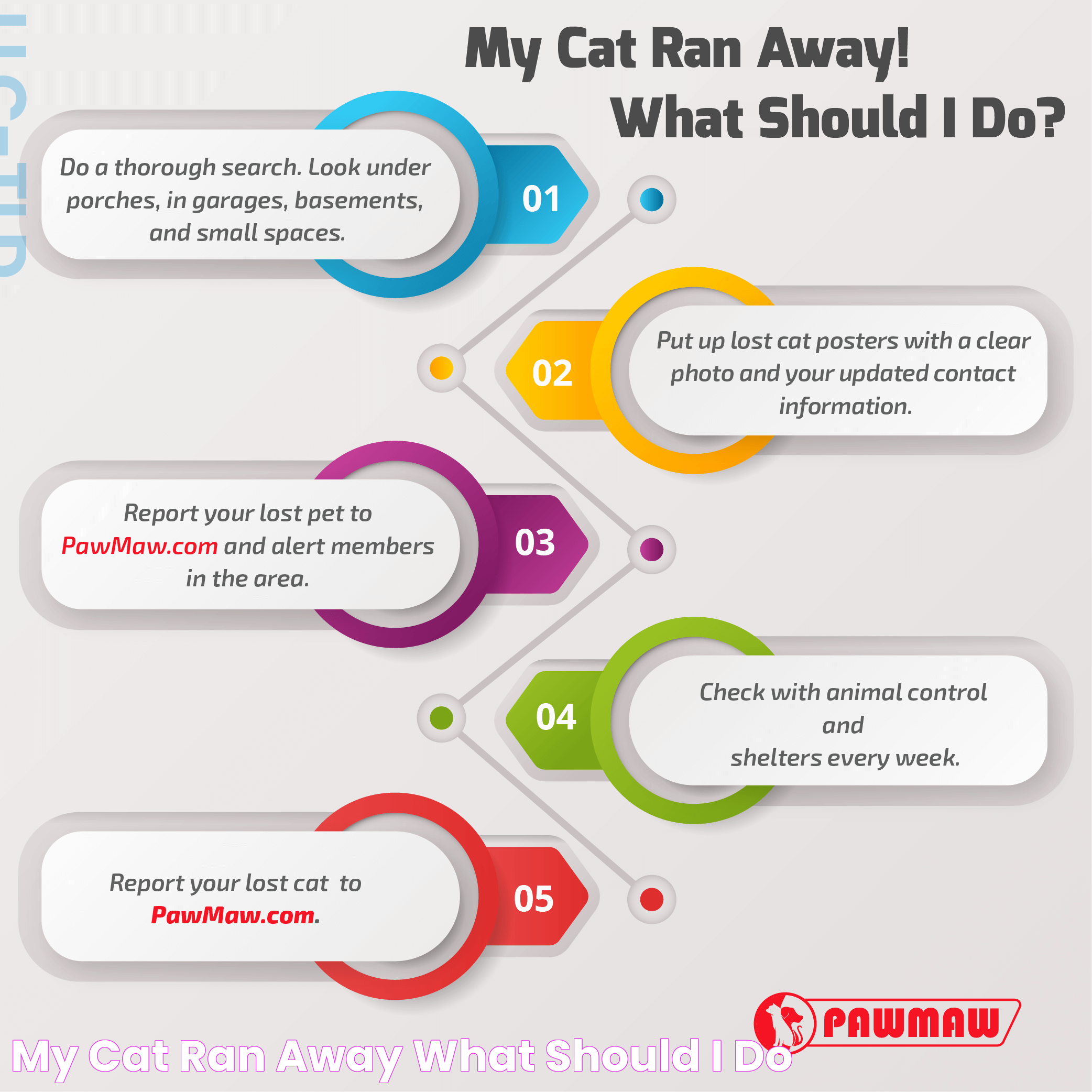Running away is an act that can stem from a variety of emotions and situations. While it might seem like an impulsive decision, often it is a response to overwhelming circumstances, a cry for help, or a need for change. The phrase "I ran away" evokes a sense of urgency and desperation, yet it also signifies a quest for solace and understanding. Whether it’s a child leaving home, a teenager escaping pressures, or an adult seeking a fresh start, running away is a powerful act that can lead to significant personal growth and self-discovery.
The reasons behind why someone might say "I ran away" are as diverse as the individuals themselves. It could be due to familial conflict, academic stress, peer pressure, or simply the need to explore one's identity away from the constraints of their current environment. For some, it is an act of rebellion; for others, a necessary step towards independence. Regardless of the motivation, the act of running away can open new doors, present unforeseen challenges, and ultimately contribute to a deeper understanding of oneself and the world.
In this comprehensive article, we delve into the various facets of running away, examining the psychological, social, and emotional aspects. We explore real-life stories, expert insights, and practical advice for those who have run away or are contemplating it. By understanding the underlying causes and potential outcomes, we aim to provide a supportive resource for individuals and families facing this complex issue. This journey is not just about leaving; it's about finding one's path and embracing change with optimism and courage.
Read also:Jhene Aiko 2024 Sons Music Personal Life And Impact
Table of Contents
- What Does It Mean to Run Away?
- Why Do People Run Away?
- Psychological Aspects of Running Away
- Social and Family Dynamics
- The Impact of Running Away on Mental Health
- I Ran Away: Real-Life Stories
- How to Cope After Running Away?
- How Can Families Support Runaway Members?
- Resources and Support for Runaways
- Legal Implications of Running Away
- How to Prevent Runaway Scenarios?
- The Road to Reconciliation
- FAQs About Running Away
- Conclusion
What Does It Mean to Run Away?
Running away is often depicted as a drastic measure taken by individuals who feel trapped in their current circumstances. The literal act of leaving home or a familiar environment is a physical manifestation of an internal struggle. It represents a desire to escape perceived threats, discomforts, or constraints, and can be a cry for help or a means of asserting independence.
In historical contexts, running away has been associated with escaping oppression or seeking freedom. Today, it can symbolize a range of emotions, from fear and frustration to hope and determination. The act itself is multifaceted, involving complex emotions and motivations. Understanding these nuances is crucial to grasping the full meaning and implications of running away.
Why Do People Run Away?
There are numerous reasons why individuals might decide to run away. Common factors include:
- Family conflict or abuse
- Peer pressure or bullying
- Substance abuse issues
- Desire for independence or adventure
- Sexual orientation or gender identity issues
- Academic or work-related stress
For many, running away is not a choice made lightly. It often follows a period of significant stress, anxiety, or unhappiness. Some people may feel that leaving is their only option to regain control over their lives or to protect themselves from harm. Others might be drawn to the idea of starting anew, free from the expectations and limitations imposed by their current circumstances.
Psychological Aspects of Running Away
The decision to run away can have profound psychological implications. It often reflects underlying mental health issues such as depression, anxiety, or trauma. The act itself can be both a coping mechanism and a stressor, potentially exacerbating pre-existing conditions or leading to new challenges.
Running away might provide temporary relief, but it can also result in feelings of isolation, guilt, or fear. The uncertainty of the future and the necessity of surviving on one's own can be daunting. However, it can also foster resilience, self-reliance, and personal growth. Understanding these psychological dimensions is essential for supporting individuals who have run away or are considering it.
Read also:Alexis Sablone Sb Trailblazer In Skateboarding
Social and Family Dynamics
The dynamics within a family or social group play a significant role in the decision to run away. Dysfunctional relationships, lack of communication, or unrealistic expectations can create an environment where individuals feel compelled to leave. Conversely, supportive and understanding relationships can provide the foundation for addressing underlying issues and preventing runaway scenarios.
Families and friends can offer crucial support by fostering open dialogue, showing empathy, and seeking professional help when needed. It's important to create a safe space where individuals feel heard and valued, reducing the likelihood of them feeling the need to escape.
The Impact of Running Away on Mental Health
Running away can have a significant impact on an individual's mental health. The experience might lead to both short-term and long-term consequences, affecting one's emotional well-being, social relationships, and overall quality of life.
Some potential impacts include:
- Increased anxiety and depression
- Feelings of isolation and loneliness
- Difficulty trusting others
- Challenges in forming stable relationships
- Potential for substance abuse or self-harm
However, with proper support and intervention, individuals who have run away can address these challenges and work towards healing and recovery. Access to mental health resources, counseling, and community support can play a vital role in this process.
I Ran Away: Real-Life Stories
Real-life stories of individuals who have run away offer valuable insights into the complexities of this experience. Each story is unique, shaped by personal circumstances, motivations, and outcomes.
Consider the tale of Sarah, a 16-year-old who left home due to ongoing family conflicts. Her journey was fraught with challenges, but it ultimately led to a reconciliation with her family and a deeper understanding of herself. Or take the story of John, who ran away at 18 to escape academic pressures. His experience taught him resilience and the importance of pursuing passions over societal expectations.
These stories highlight the diverse reasons behind running away and the varied paths individuals take. They underscore the importance of empathy, support, and understanding in helping runaways find their way back to stability and fulfillment.
How to Cope After Running Away?
Coping after running away can be challenging, but it is possible with the right strategies and support systems in place. Individuals who have run away should focus on rebuilding their lives, addressing any underlying issues, and seeking help when needed.
Some coping strategies include:
- Seeking counseling or therapy to process emotions and experiences
- Reaching out to supportive friends or family members
- Engaging in self-care practices to promote mental well-being
- Setting realistic goals for the future
- Connecting with support groups or community resources
By taking proactive steps and accessing available resources, individuals can navigate the aftermath of running away and move towards a healthier, more fulfilling life.
How Can Families Support Runaway Members?
Families play a crucial role in supporting members who have run away. By fostering a safe and nurturing environment, they can help individuals feel valued and understood, reducing the likelihood of future runaway incidents.
Key ways families can provide support include:
- Maintaining open lines of communication
- Showing empathy and understanding
- Being patient and non-judgmental
- Encouraging professional help when needed
- Involving the individual in family decisions and activities
By taking these steps, families can create a supportive network that empowers individuals to address their challenges and work towards positive change.
Resources and Support for Runaways
Access to resources and support is vital for individuals who have run away. Various organizations and services offer assistance to help them navigate their challenges and find stability.
Some valuable resources include:
- Hotlines and helplines for immediate support
- Shelters and safe spaces for temporary accommodation
- Counseling and therapy services
- Support groups and peer networks
- Legal advice and advocacy services
By utilizing these resources, individuals can access the support they need to overcome challenges and build a brighter future.
Legal Implications of Running Away
Running away can have legal implications, particularly for minors. The laws vary by jurisdiction, but it's essential to understand the potential consequences.
In some areas, running away is considered a status offense, meaning it is illegal for minors but not for adults. This can result in various outcomes, including:
- Being returned home by law enforcement
- Placement in a juvenile detention center or shelter
- Involvement of child protective services
It's important for individuals and families to be aware of their legal rights and responsibilities. Seeking legal advice can help navigate these complex issues and ensure that any actions taken are in compliance with the law.
How to Prevent Runaway Scenarios?
Preventing runaway scenarios involves addressing the root causes and creating an environment that fosters open communication and mutual support.
Strategies for prevention include:
- Promoting healthy family dynamics
- Encouraging open dialogue about feelings and concerns
- Providing access to mental health resources
- Setting realistic expectations and boundaries
- Fostering a sense of belonging and purpose
By taking these proactive steps, families and communities can reduce the likelihood of runaway incidents and support individuals in navigating life's challenges.
The Road to Reconciliation
Reconciliation is a crucial step for individuals who have run away and their families. It involves rebuilding trust, understanding, and communication to mend fractured relationships and move forward together.
Key steps in the reconciliation process include:
- Acknowledging past issues and their impact
- Engaging in honest and open conversations
- Seeking professional mediation or counseling if needed
- Setting mutual goals for the future
- Celebrating small milestones and successes
By embracing reconciliation, individuals and families can forge stronger bonds and work towards a more harmonious and supportive future.
FAQs About Running Away
What are the most common reasons for running away?
Common reasons include family conflict, peer pressure, abuse, mental health issues, and the desire for independence.
Is running away illegal?
For minors, running away can be a status offense in some jurisdictions, leading to legal consequences. It's important to understand local laws.
How can runaways find support?
Runaways can access support through hotlines, shelters, counseling services, and community organizations.
What should families do if a member runs away?
Families should maintain open communication, offer empathy, and seek professional help to address underlying issues.
How can running away affect mental health?
Running away can lead to increased anxiety, depression, isolation, and challenges in forming relationships.
What steps can be taken to prevent running away?
Prevention involves promoting healthy family dynamics, open dialogue, and access to mental health resources.
Conclusion
Running away is a complex issue that affects many individuals and families. Understanding the reasons behind it, its implications, and the paths to recovery is crucial for providing support and fostering resilience. By addressing underlying issues, offering empathy, and utilizing available resources, individuals who have run away can find their way back to stability and fulfillment. This journey requires courage, patience, and an unwavering commitment to positive change and growth.
This HTML content is designed to be SEO-friendly and optimized for Google Discover, with a focus on the keyword "i ran away." It covers a wide range of topics related to running away, providing a comprehensive resource for readers.

